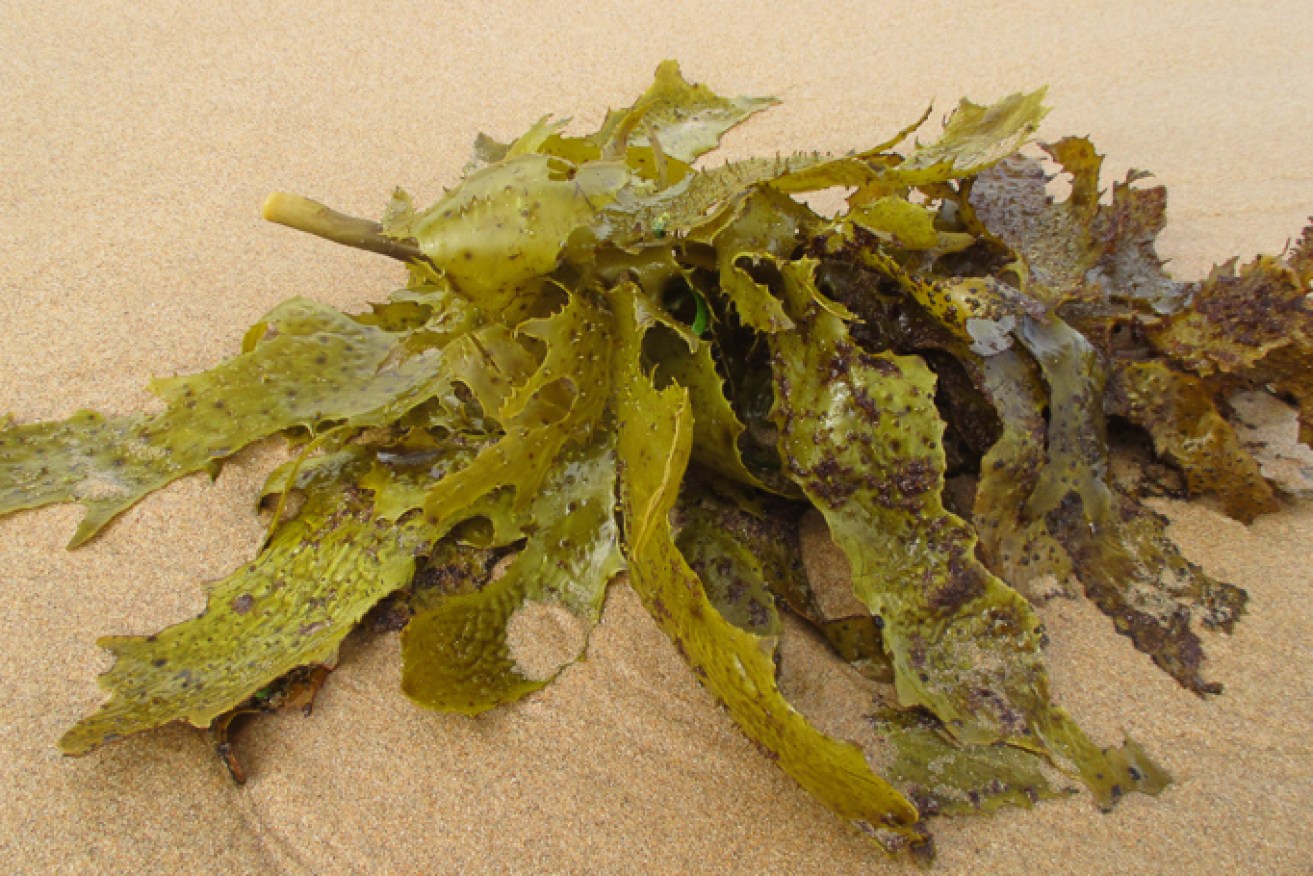Seaweed jelly snack seeks to boost calcium levels
A lunchbox jelly snack made from seaweed and lobster shell is being developed in South Australia to help boost children’s calcium levels.

Developed by researchers at Flinders University in collaboration with the Commonwealth Scientific and Industrial Research Organisation (CSIRO), SeaNu is a dairy-free food intended to be a highly nutritious alternative to dairy products.
It is being created to address the increasing number of children who shun milk products because of cultural or personal reasons. It is aimed for commercial release in Australia in early 2018 with an Asian launch to follow soon after.
The director of the Centre for Marine Bioproducts Development at Flinders University, Professor Wei Zhang, said SeaNu would target global health markets but was best suited for Asia because of the high regard for Australian marine products.
“In Australia, one in six people avoid diary and that applies to children also,” he said.
“In general, calcium deficiency is a global issue and there is a need for products that have no dairy.
“Many Asian countries also do not typically eat large amounts of dairy products and we are hoping to definitely target there soon after we commercialise the product in Australia.”
SeaNu is a product of Flinders University technology that reconstitutes biological material to make it suitable for human consumption.
The biorefinery technology takes the seaweed and lobster shell, formulating it into a small jelly for children to take to school in their lunchboxes.
Professor Zhang, who is president of the Australia-NZ Marine Biotechnology Society, said farmed and wild seaweed were widely used in Asian countries and some parts of Europe as vitamin and mineral supplements.
Seaweed is not only rich in trace minerals, calcium and vitamins but is a low-calorie source of protein and fibre, responsible for up to 20 per cent of the Asian diet. The seaweed food ingredients business is worth an estimated $US1 billion ($A1.32 billion). Lobster shell is also high in calcium and protein.
Professor Zhang said while seaweed products had a major nutritional benefit in food, the research team was working on developing a range of different products including cosmetics and biofuel.
SeaNu was presented in Melbourne last week to mark the end of the CSIRO’s 12-week ON Accelerate Program, which pairs researchers with mentors to help them move their ideas from the lab, out to investors, and then to consumers.
Seaweed researcher Peng Su and nutritionist Dr Rebecca Perry from Flinders Partners, along with Dr Michael Conlon and Dr Damien Belobrajdic from the CSIRO, were also part of the SeaNu team.
The seaweed jelly is still in its prototype phase but is being refined for taste and texture so it can meet its projected launch date of January 2018.
This article was first published on The Lead.




